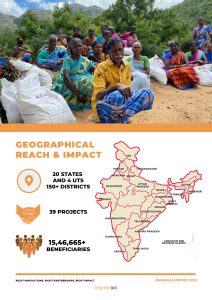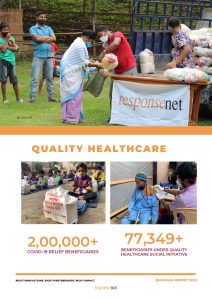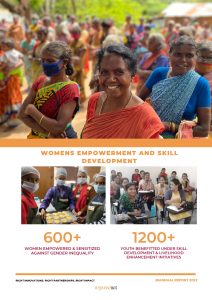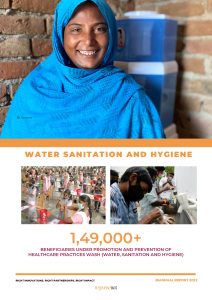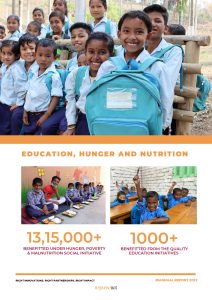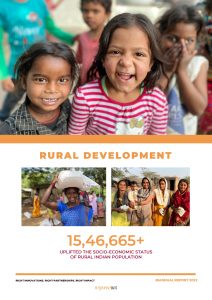Social Impact Investing and Impact Bonds India
Impact Investing and Impact Bonds India
Impact investing refers to investments made with the intention of generating a measurable social or environmental impact alongside a financial return. In other words, impact investors aim to create positive social or environmental outcomes while also achieving financial returns.
In India, impact investing has gained significant momentum in recent years, with investors looking to support businesses and projects that address social and environmental issues. The impact investment market in India is diverse and encompasses a range of sectors, including healthcare, education, agriculture, clean energy, and financial inclusion.
Impact bonds, also known as social impact bonds or pay-for-success bonds, are a specific type of impact investment that is structured as a performance-based contract between investors and social service providers. In an impact bond, investors provide upfront funding to social service providers, such as non-profits or government agencies, to implement a program or intervention that addresses a specific social issue. If the program is successful in achieving pre-determined outcomes, investors receive a return on their investment from the government or other payers.
In India, impact bonds have been used to fund projects in areas such as education, healthcare, and rural development. For example, in 2018, the Government of Rajasthan launched a health impact bond to fund a maternal and child health program in the state. The bond was designed to incentivize better health outcomes for mothers and children and provide a financial return to investors if the program achieved its goals.
Overall, impact investing and impact bonds are becoming increasingly popular in India as investors and social service providers look for new and innovative ways to tackle social and environmental issues.
Impact Bonds in India
Impact bonds, also known as social impact bonds or pay-for-success bonds, are a specific type of impact investment that is structured as a performance-based contract between investors and social service providers. In India, impact bonds have been used to fund a range of projects in areas such as education, healthcare, and rural development.
One example of an impact bond in India is the Utkrisht Impact Bond, which was launched in 2018 to improve maternal and neonatal health in the state of Rajasthan. The bond was structured to provide upfront funding to four private healthcare providers to deliver improved maternal and neonatal care services. The outcome of the program was measured based on a set of predefined metrics, and if the program achieved the desired outcomes, the government of Rajasthan paid the investors a return on their investment.
Another example of an impact bond in India is the Educate Girls Development Impact Bond, which was launched in 2015 to improve enrollment and learning outcomes for girls in Rajasthan. The bond provided funding to a non-profit organization to deliver educational services in remote and rural areas of the state. The outcome of the program was measured based on the number of girls enrolled and their learning outcomes, and if the program achieved the desired outcomes, the investors received a return on their investment.
Overall, impact bonds are becoming an increasingly popular way to fund social programs in India, as they provide a way to align the interests of investors, social service providers, and governments in achieving social and environmental outcomes.
What we do
Responsenet works for the social outcomes of programs and interventions that attract social and impact investments. We work with stakeholders to:
Responsenet Development Services
Registered under Section 8 of the Companies Act, 2013
Registration Number: U45400DL2007NPL 165701
Date of incorporation: 11-07-2007
Niti Ayog Darpan Registration Number : DL/2009/00021639
80G : AAECR0936RF20219 (Validity AY 2022-23 to AY 2026-27)
12A: AAECR0936RE20211 (Validity AY 2022-23 to AY 2026-27)
FCRA: 231661247 (Five Years validity w.e.f. 01-01-2022)
PAN Card: AAECR0936R
CSR-1- Approval for undertaking CSR activities: CSR00000059
NSDC Training Partner ID – TP068266

